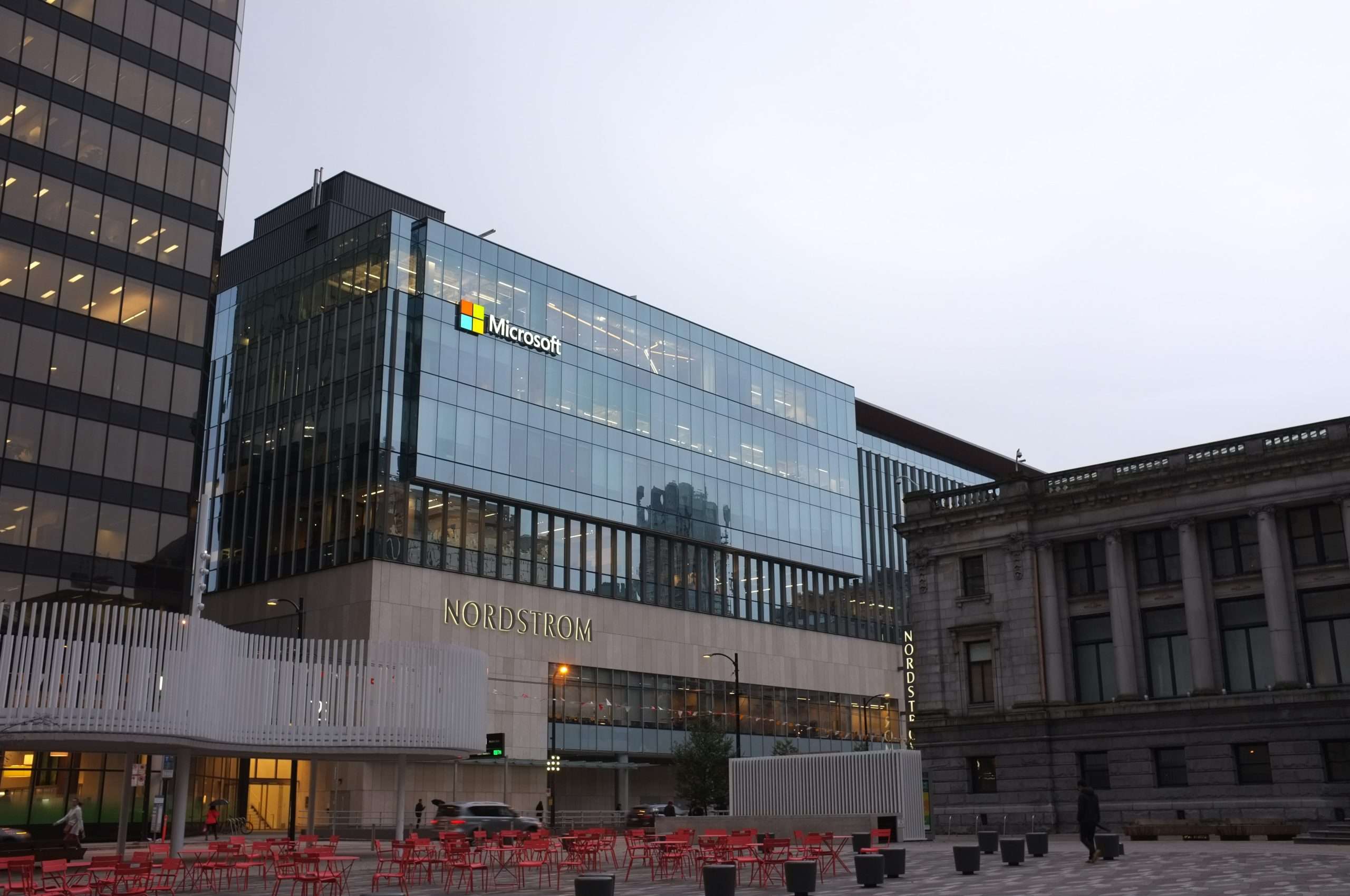After involvement by the United States Federal Trade Commission, Microsoft’s plan to acquire Activision Blizzard, which was initially intended to be used in the construction of Metaverse efforts, was met with resistance and ultimately failed (FTC).
In order to encourage equitable competition in the markets for high-performance gaming consoles and subscription services, the FTC attempted to prevent (1) Microsoft from acquiring the gaming behemoth by using antitrust laws.
However, the CEO and chairman of Microsoft, Satya Nadella, had claimed (2) in the past that the acquisition will “play a crucial role in the development of metaverse platforms.”
In a recent complaint, the Federal Trade Commission (FTC) asserted that Microsoft and Sony already “control” the high-performance gaming business via their respective XBOX and Play Station consoles and that the acquisition of Activision Blizzard will expand Microsoft’s authority in the field.
The director of the Federal Trade Commission’s Bureau of Competition, Holly Vedova, referred to Microsoft’s history of acquiring ZeniMax and restricting the publication of popular games like Starfield and Redfall to XBOX systems. She continued by saying:
Microsoft has already demonstrated that it is capable of and willing to withhold content from its competitors in the gaming industry.
Others Could Also Be Affected
The lawsuit raises the possibility that other titles in the Activision ecosystem, such as Call of Duty, World of Warcraft, Diablo, and Overwatch, could see the same type of outcome. Nevertheless, the concerns raised by the FTC have an indirect effect on Microsoft’s metaverse ambitions.
The Federal Trade Commission initiated legal action in July against the massive social networking platform Meta, charging that “its ultimate objective of owning the entire metaverse” According to the FTC’s complaint, “As Meta fully recognizes, network effects on a digital platform can cause the platform to become more powerful — and its rivals weaker and less able to seriously compete” as the platform gains more users, content, and developers. “As Meta fully recognizes, network effects on a digital platform can cause the platform to become more powerful as it gains more users, content, and developers.”
In October, a Meta shareholder recommended to the corporation that it reduce the amount of money it invests each year. Per Brad Gerstner, CEO, and founder of the digital investment firm Altimeter Capital, the returns on Meta’s investments of $10 billion to $15 billion per year towards the construction of the metaverse could take up to ten years to materialize.
“Even by the standards of Silicon Valley, a projected investment of more than one hundred billion dollars in a future that is unknown is enormous and alarming,” Gerstner said.
